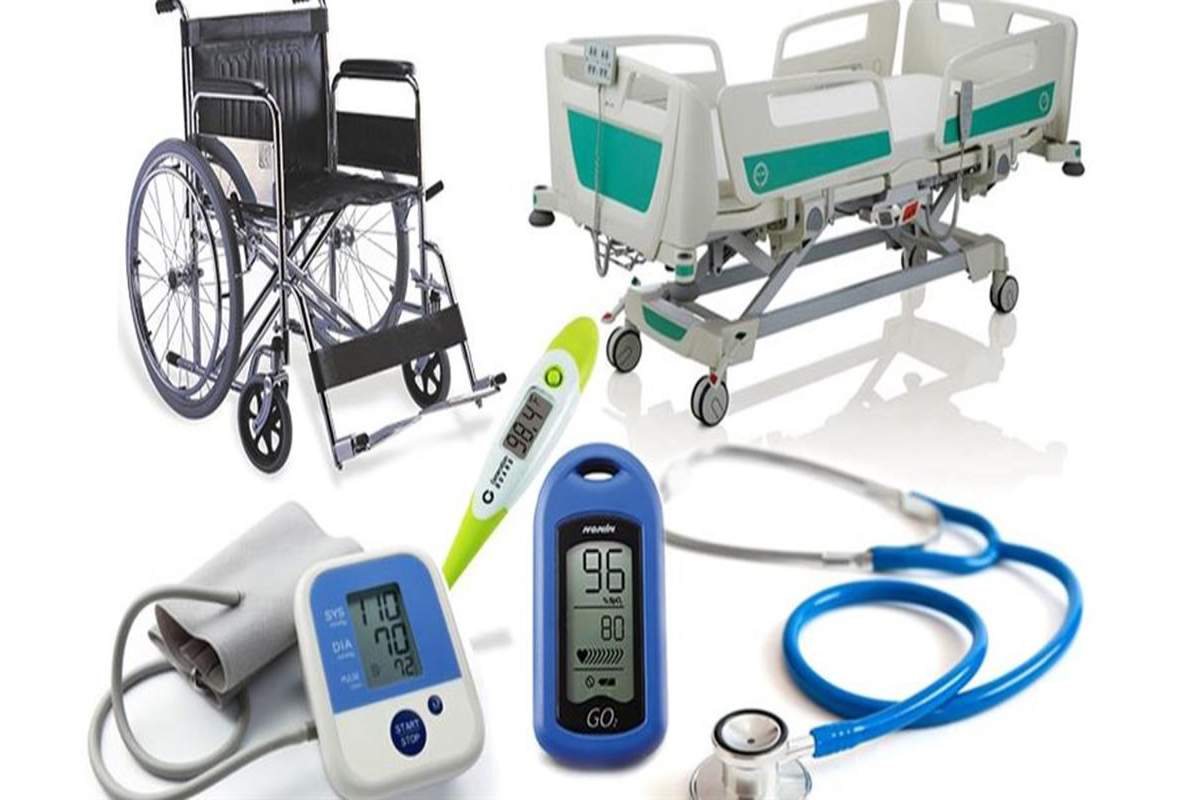Selecting the right healthcare equipment for elderly individuals is crucial for ensuring their safety, comfort, and independence. Choosing a reliable supplier is equally important, as the quality and suitability of the equipment directly impact the well-being of those using it. This article outlines key considerations for selecting appropriate healthcare equipment and choosing a supplier that meets the specific needs of the aged.
Table of Contents
Understanding Individual Needs
The first step in selecting healthcare equipment is a thorough assessment of the individual’s specific needs. This involves considering:
- Mobility Limitations: What are the individual’s specific mobility challenges? Do they require assistance with walking, transferring, or maintaining balance?
- Physical Strength and Endurance: What is the individual’s level of physical strength and endurance? This will determine the appropriate level of support needed from the equipment.
- Cognitive Abilities: Can the individual safely and effectively operate the equipment? Simplicity and ease of use are crucial for individuals with cognitive impairments.
- Specific Medical Conditions: Are there any specific medical conditions, such as arthritis, osteoporosis, or respiratory problems, that need to be considered when selecting equipment?
- Living Environment: What is the layout of the individual’s home or care setting? Are there stairs, narrow doorways, or other environmental factors that need to be addressed?
Prioritising Safety and Functionality
Safety and functionality are paramount when selecting healthcare equipment. Consider the following:
Stability and Support
The equipment must provide adequate stability and support to ensure the safety of the user, helping to prevent falls and injuries during use. Features such as non-slip surfaces, sturdy construction, and secure grips are essential for maintaining balance and confidence.
Ease of Use
The equipment should be straightforward to operate and easy to adjust, catering even to those with limited dexterity, strength, or cognitive impairments. Intuitive designs, clear instructions, and adjustable settings make the equipment accessible for a wide range of users with varying needs.
Durability and Reliability
Opt for equipment that is built to last, using high-quality materials and craftsmanship. Reliable equipment ensures consistent performance over time, even with regular or heavy use, reducing the need for frequent repairs or replacements.
Compliance with Safety Standards
It’s crucial to ensure that the equipment meets all relevant safety standards and regulations. Compliance provides peace of mind and guarantees that the product has been rigorously tested to ensure it is safe for its intended purpose. Always look for certifications or labels that indicate adherence to these standards.
Safety for Both Patients and Carers
According to studies, caregivers face significant occupational health and safety risks, including physical strain, psychological stress, and systemic challenges, which impact their well-being and the quality of care they provide. Therefore, selecting equipment that ensures safety for both the individual receiving care and the caregiver is crucial. This includes equipment that is easy to use, adjust, and clean, reducing the physical strain on caregivers and minimising the risk of injuries for both parties.
Choosing a Reputable Supplier: Key Considerations
Selecting a reputable supplier is just as important as choosing the right equipment. Here are some key factors to consider:
- Product Quality and Range: A reputable supplier should offer a wide range of high-quality, reliable equipment that meets relevant safety standards.
- Expertise and Advice: The supplier should have knowledgeable staff who can provide expert advice and guidance on selecting the most appropriate equipment for individual needs.
- After-Sales Service and Support: Look for a supplier that offers excellent after-sales service and support, including product warranties, repairs, and maintenance.
- Reputation and Reviews: Check online reviews and testimonials to gauge the supplier’s reputation and customer satisfaction.
- Understanding the Importance of Ergonomics: A good supplier will understand the importance of ergonomics and be able to provide equipment that promotes proper body mechanics and reduces the risk of injury for both the individual and their carer.
Choosing a trusted provider like Safety & Mobility hospital supplier for your healthcare equipment needs offers the assurance of quality products, expert advice, and reliable support. This partnership can significantly contribute to creating a safer, more comfortable, and more independent living environment for elderly individuals.
Final Insights
Selecting the right healthcare equipment, in partnership with a reputable supplier, can significantly enhance the independence, safety, and quality of life for elderly individuals. By carefully considering individual needs, prioritising safety and functionality, and choosing a supplier that offers expert guidance and support, you can make informed decisions that promote healthy ageing and well-being.

